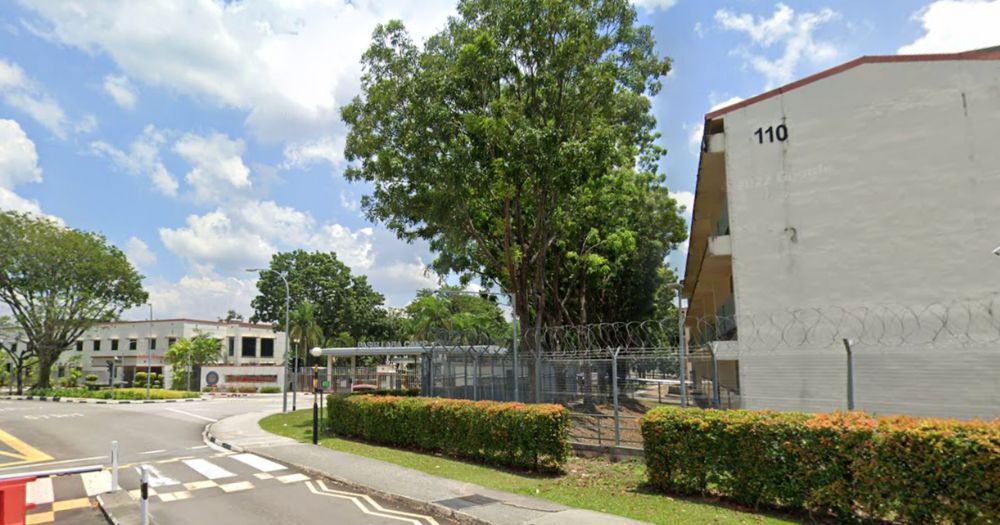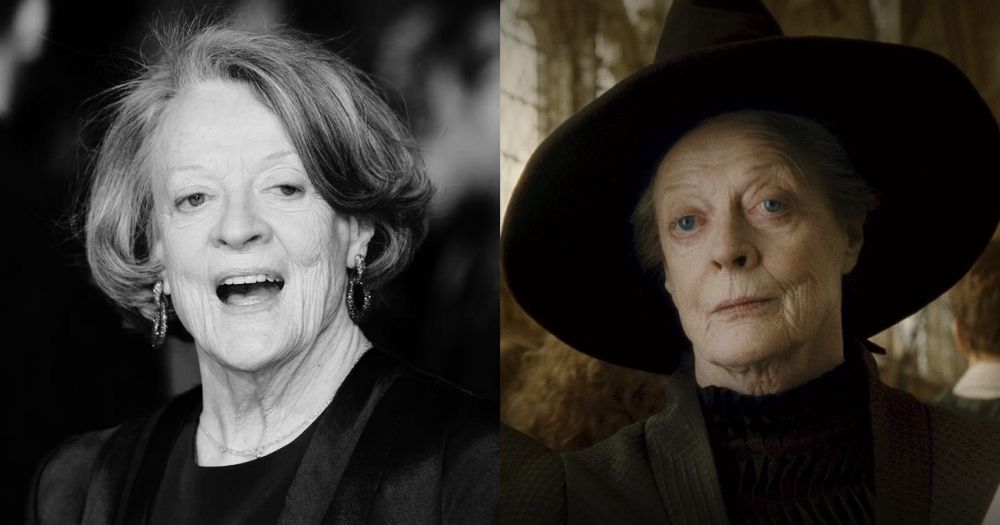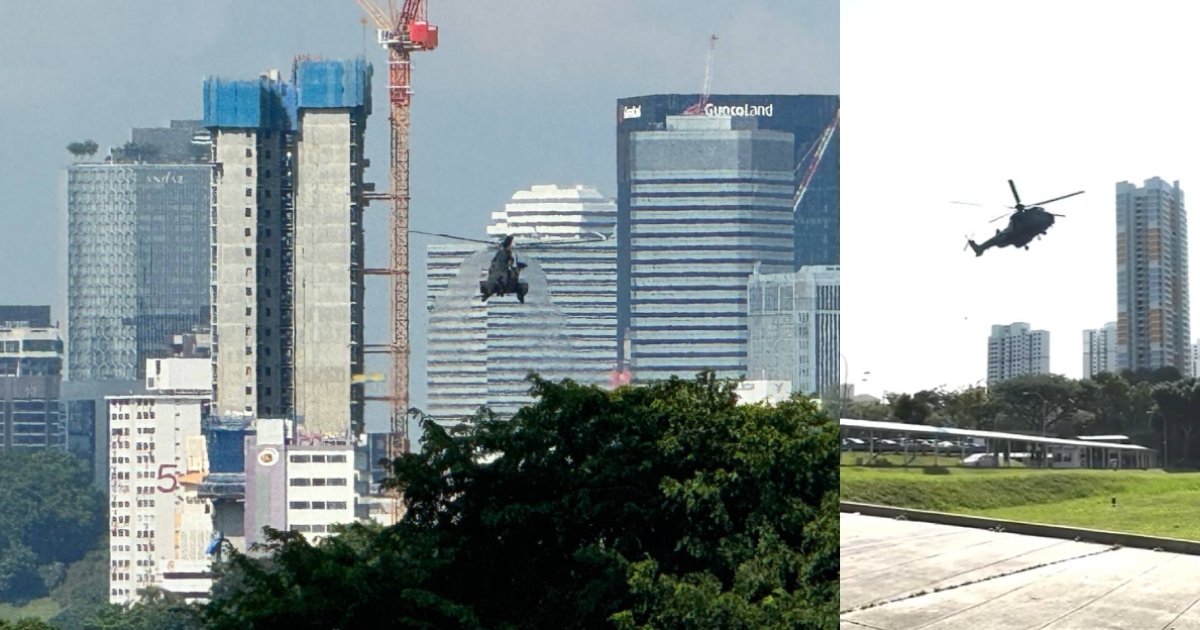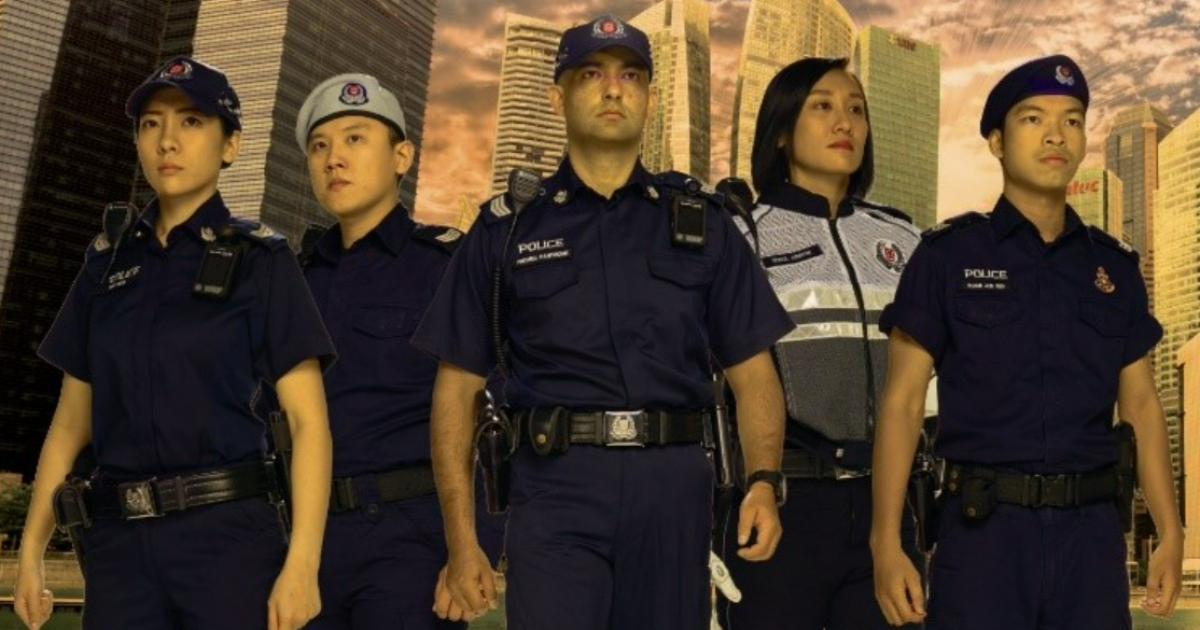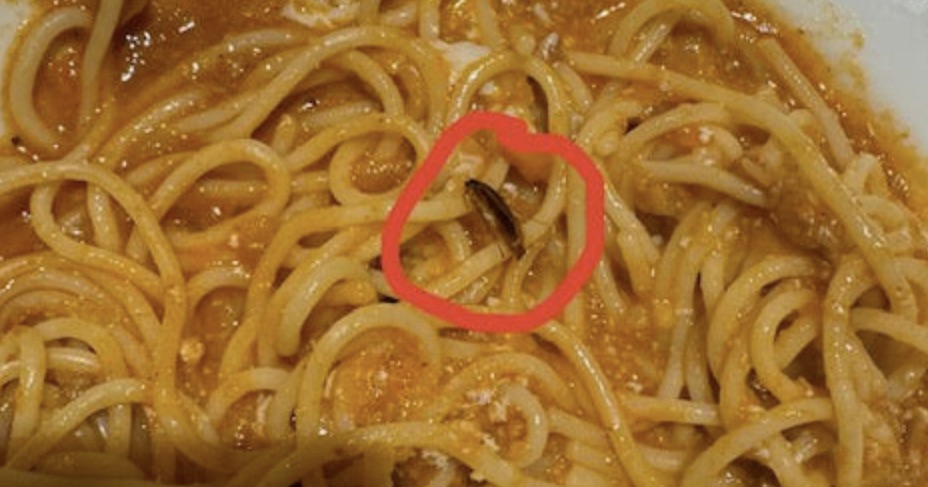China to impose annual salary cap for workers of state-backed financial institutions
The government is doubling down on its promise to eradicate extravagance from the industry to narrow income gap amid sluggish economic growth.
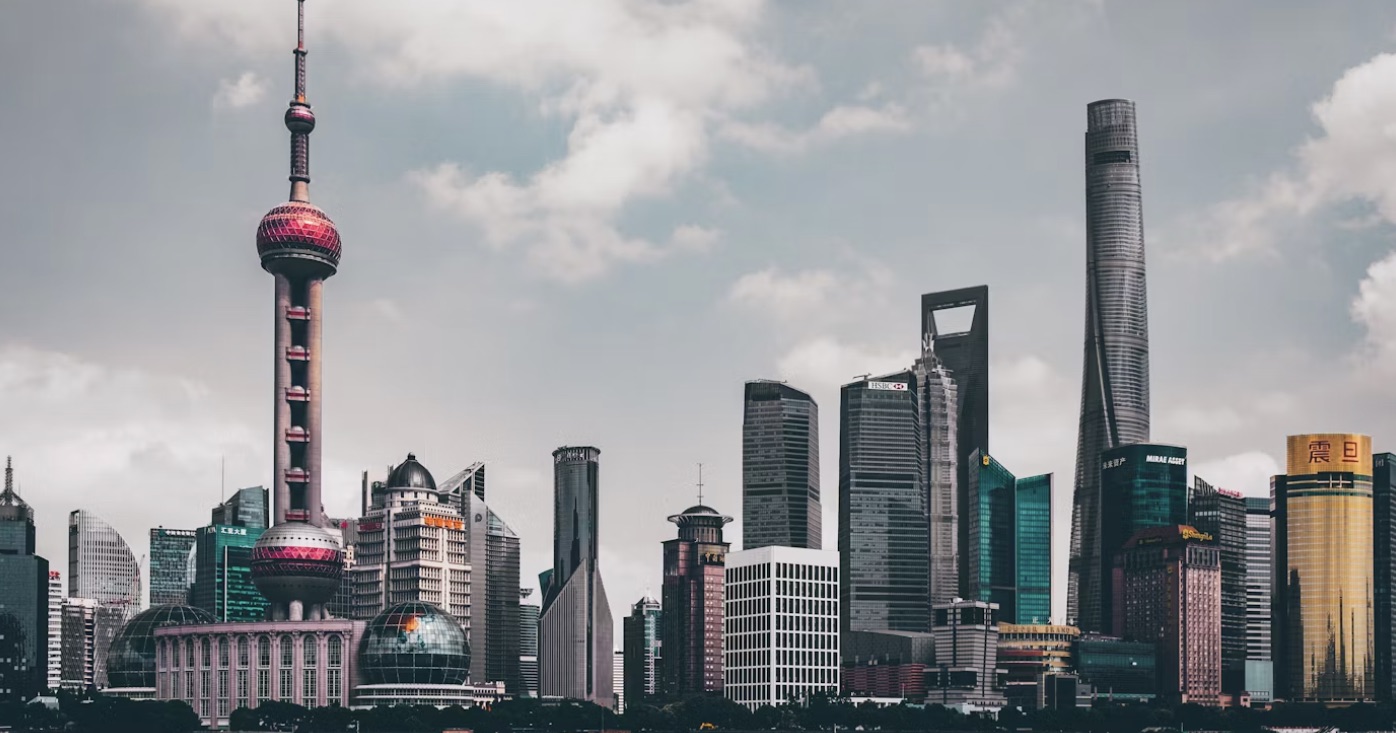
China is set to impose a three million yuan (approximately S$557,000) annual salary cap for financial workers of all state-backed financial institutions, sources tell the South China Morning Post (SCMP).
The government is doubling down on its promise to eradicate "extravagance" from the industry to narrow income gaps amid sluggish economic growth.
The limit will be applied to all state-backed brokerages, mutual fund firms and banks, but will not apply to financial institutions backed by private investors.
Those who have earned more than the salary cap will need to return the excess money to their companies, sources say, as the measure will be applied retroactively.
Wealth distribution
This move aligns with China's President Xi Jinping's "Common Prosperity" policy, which is committed to reducing income inequality.
The financial industry, seen as the elite in China, has therefore been the subject of multiple government crackdowns and investigations.
The industry is also perceived to be unprofitable lately, having underwent a three-year period of price decline and a slumping property market.
This has prompted companies to tighten their budgets and avoid rolling out pay increases and bonuses, with some companies even issuing pay cuts.
Imposition
The government is also seeking to diversify revenue sources due to a decline in tax collection and land sales. The pay cap could potentially alleviate some of the fiscal stress the government is facing.
A few Chinese-listed companies have been asked to pay overdue taxes dating back three decades as the authorities strengthen tax enforcement.
A source told SCMP that some big financial companies have stepped up scrutiny of expense reimbursements as a guise for salary payments in an attempt to circumvent regulatory oversight.
Another said that the public's perception on the cuts and caps were "positive".
Top photo via Hanny Naibaho/Unsplash

MORE STORIES







